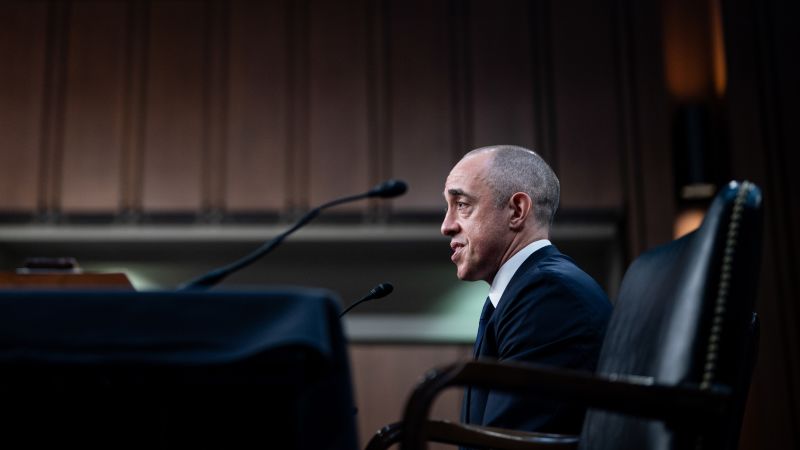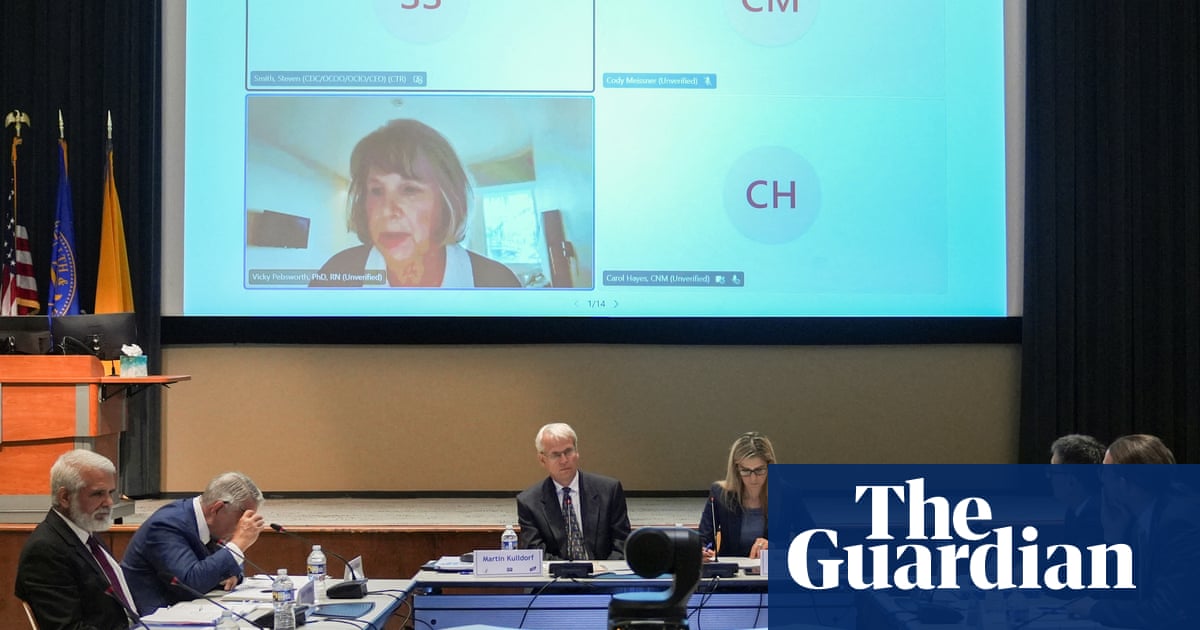Trump Administration’s Court Disregard Highlighted by DOJ Whistleblower

The nomination of Emil Bove, a senior official in the U.S. Department of Justice, to a prestigious appeals court judgeship is raising significant concerns about his past statements regarding court orders. A whistleblower who worked alongside Bove alleges that he suggested the Trump administration might choose to disregard court directives entirely. This claim, supported by various documents and communications, paints a troubling picture of the administration’s relationship with the judicial system.
In a March meeting cited by the whistleblower, Bove reportedly remarked that the administration should consider telling the courts “f**k you” and ignoring their orders. Such statements, if confirmed, would pose serious questions about Bove’s capacity to uphold the law from a judicial position. This incident underscores a broader issue: the Trump administration’s apparent contempt for judicial authority, a sentiment that appears to be intensifying as new evidence emerges.
Disregarding Court Orders
Central to this controversy is the Trump administration’s initiative to expedite the deportation of migrants to El Salvador, a country known for its harsh prison conditions, without ensuring due process. This action involved the Alien Enemies Act and specifically pertains to the case of Kilmar Abrego Garcia. Courts have consistently challenged the administration’s handling of these deportations, and Abrego Garcia’s situation has become a critical test of the limits of President Donald Trump‘s authority.
Documents obtained by the top Democrat on the Senate Judiciary Committee reveal that Bove and others within the DOJ may have actively chosen to disregard a judge’s order prohibiting the deportations. According to former DOJ attorney Erez Reuveni, he had informed colleagues that no individuals under the Alien Enemies Act should be removed from the U.S. “No one subject to AEA in our custody can be removed,” he stated, recommending that those in transit without final deportation orders be returned.
Contrary to this guidance, internal communications indicated that Bove determined the administration could proceed with deportations because the planes had already left U.S. airspace before the judge issued a written order. This interpretation raises serious ethical and legal questions about the administration’s actions.
Conflicting Statements and Legal Challenges
The situation has been further complicated by conflicting public statements made by the administration. In April, White House adviser Stephen Miller asserted that the deportation of Abrego Garcia was not a mistake, characterizing it as a result of “administrative error.” In contrast, recent DOJ filings have acknowledged the deportation as an “admitted error,” indicating a significant shift in the narrative.
The administration’s ability to facilitate Abrego Garcia’s return to the United States after the courts ordered it has also been questioned. Attorney General Pam Bondi suggested that the decision to return him rested with El Salvador, claiming, “The United States does not control the sovereign nation of El Salvador.” This statement appears to contradict the administration’s later actions, as Abrego Garcia was eventually returned and is now facing criminal charges.
The Salvadoran government has also challenged the U.S. narrative, asserting that the migrants it accepted were still under U.S. control. Officials stated, “In this context, the jurisdiction and legal responsibility for these persons lie exclusively with the competent foreign authorities.”
Legal proceedings surrounding Abrego Garcia have yielded further inconsistencies. Bondi initially indicated he would be deported only after serving any potential sentence, yet subsequent statements from DOJ officials suggested that deportation could occur before the conclusion of his criminal case. Judge Paula Xinis expressed her frustration at the confusion surrounding the administration’s intentions, remarking on the difficulty of understanding the administration’s actions.
As the situation continues to unfold, it remains unclear why the administration has struggled to maintain a consistent narrative. Abrego Garcia’s legal team suspects a deliberate attempt to mislead, arguing that the administration may have always intended to deport him, exploiting the confusion surrounding his release.
Reuveni, in a recent interview, characterized the administration’s approach as “thumbing its nose at the courts.” This sentiment reflects a broader concern about the administration’s commitment to the rule of law, as it grapples with the implications of its actions. Whether or not Bove made his controversial statement is almost secondary; the overarching disregard for judicial authority has become a defining characteristic of the administration’s legal strategy.






